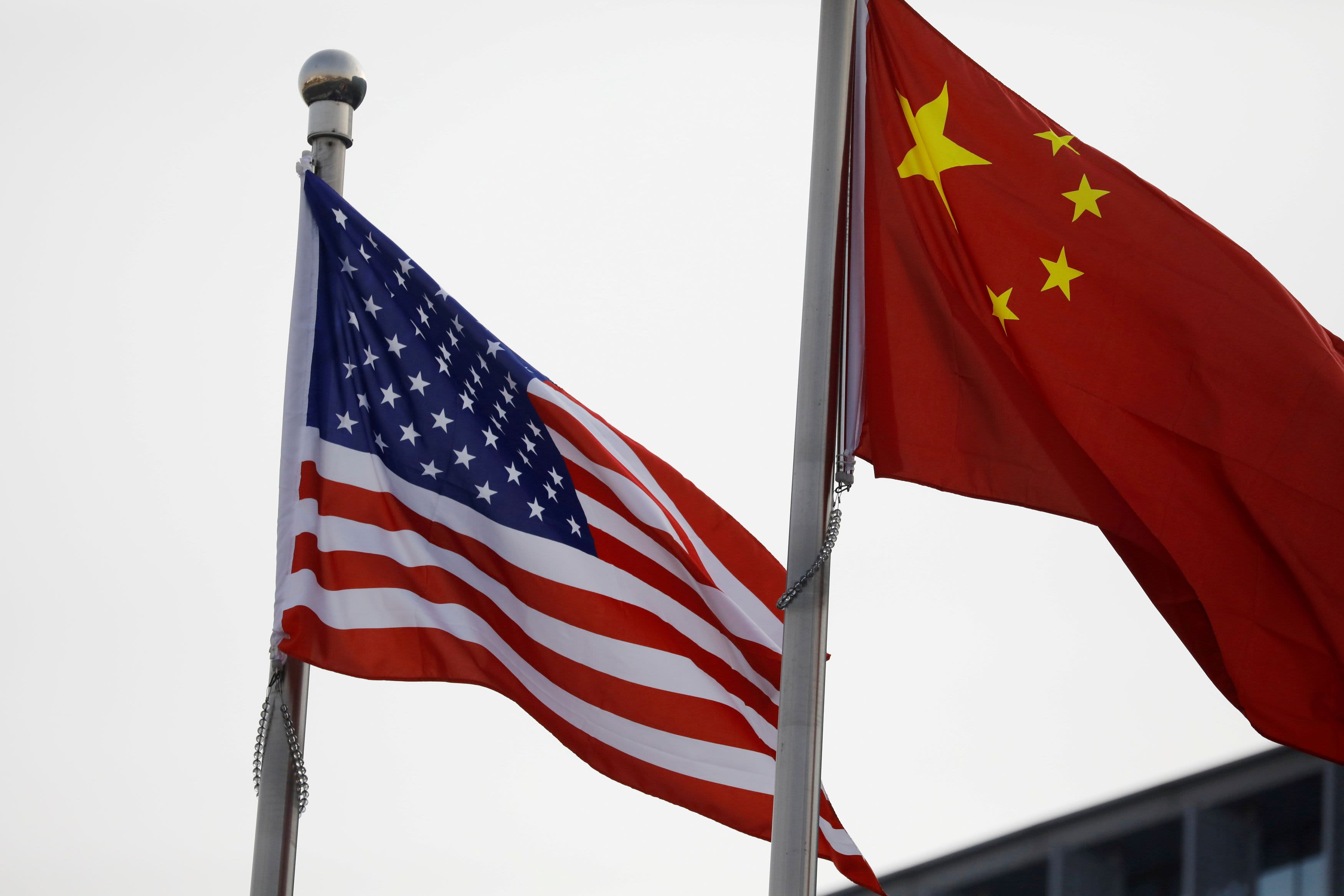
Wafricnews - June 10, 2025
As high-stakes trade negotiations resume between China and the United States, Beijing is leveraging its grip on one of the world's most strategic resources—rare earth minerals—to strengthen its hand at the table.
Talks between the two economic giants, taking place in London this week, come at a delicate moment. After a fragile truce brokered in Geneva last month, both sides are now testing each other’s resolve and willingness to compromise. The U.S. is reportedly considering easing some export restrictions in exchange for greater access to China’s rare earths—materials critical to everything from electric vehicles and smartphones to defense technologies.
According to sources close to the discussions, U.S. Treasury Secretary Scott Bessent, joined by Commerce Secretary Howard Lutnick and Trade Representative Jamieson Greer, have been authorized to soften certain tech export controls. But Washington is not expected to budge on advanced chip exports—especially high-end Nvidia processors tied to artificial intelligence—citing national security concerns.
On the Chinese side, Vice Premier He Lifeng, Commerce Minister Wang Wentao, and chief trade negotiator Li Chenggang are steering a strategy centered on what China sees as its natural advantage: its near-monopoly over rare earth processing, an industry it dominates with over 90% of global capacity.
“China’s control over rare earth supply has become a calibrated yet assertive tool for strategic influence,” noted Robin Xing, Chief China Economist at Morgan Stanley.
Rare Earths: Beijing’s Strategic Card
While rare earth elements are not truly rare in the geological sense, they are extremely difficult, expensive, and environmentally taxing to process. This has allowed China to corner the market—and now, it’s using that dominance to shape the rules of trade engagement.
Beijing has introduced tighter export licensing rules since April, limiting shipments of seven rare earth minerals and key magnet components. The new rules require Chinese companies to secure government approval for each shipment—part of what analysts see as an effort to control global supply chains and extract better trade concessions.
Still, recent signals from China’s Commerce Ministry suggest some softening. A ministry spokesperson announced over the weekend that a limited number of compliant export applications had been approved. But analysts believe China is unlikely to fully open the taps, especially as it continues to face geopolitical friction with Washington.
Tensions Persist Despite Truce
Although the U.S. and China agreed in May to a temporary reduction of tariffs—for a 90-day window—the mood has since cooled. Washington has accused Beijing of dragging its feet on rare earth approvals and continuing to restrict semiconductor-related tech access.
The rare earth bottleneck has already sparked concern among American manufacturers, including carmakers like Ford and Stellantis, some of whose suppliers have reportedly been granted only temporary licenses of six months or less.
The U.S., meanwhile, remains cautious. National Economic Council Director Kevin Hassett confirmed Monday that while some export restrictions might ease, advanced chips for AI systems will remain off-limits.
China’s Domestic Economy Feels the Pressure
While China projects strength in the talks, its own economy is under visible strain. Latest data shows a sharp drop in exports to the U.S.—down 34.5% in May compared to a year earlier—despite the recent tariff rollback. That’s a steep fall from April’s 21% drop, underlining the real impact of ongoing trade friction.
Domestically, the picture is no rosier. Deflationary pressures continue to weigh heavily on China’s economy. In May, consumer prices fell by 0.1% year-on-year, while factory-gate prices—tracked via the Producer Price Index—plunged 3.3%, the steepest fall in nearly two years.
Analysts cite weak global commodity prices and low demand for raw materials like coal and gas as key contributors. Still, Chinese authorities maintain a confident posture. “China’s goods trade has demonstrated resilience in the face of external challenges,” said Lü Daliang, spokesperson for the General Administration of Customs.
Strategic Lessons for Africa and Beyond
For African economies watching from the sidelines—but sitting on untapped rare earth deposits—the lessons are unmistakable. Resource control is emerging as a powerful geopolitical lever. China’s playbook is a case study in how nations can transform natural resource dominance into negotiating strength on the global stage.
The big question: Will others follow suit?
By Wafricnews Desk.
By Wafricnews Desk.


Comment
To post a comment, you have to login first
LoginNo Comments Yet...